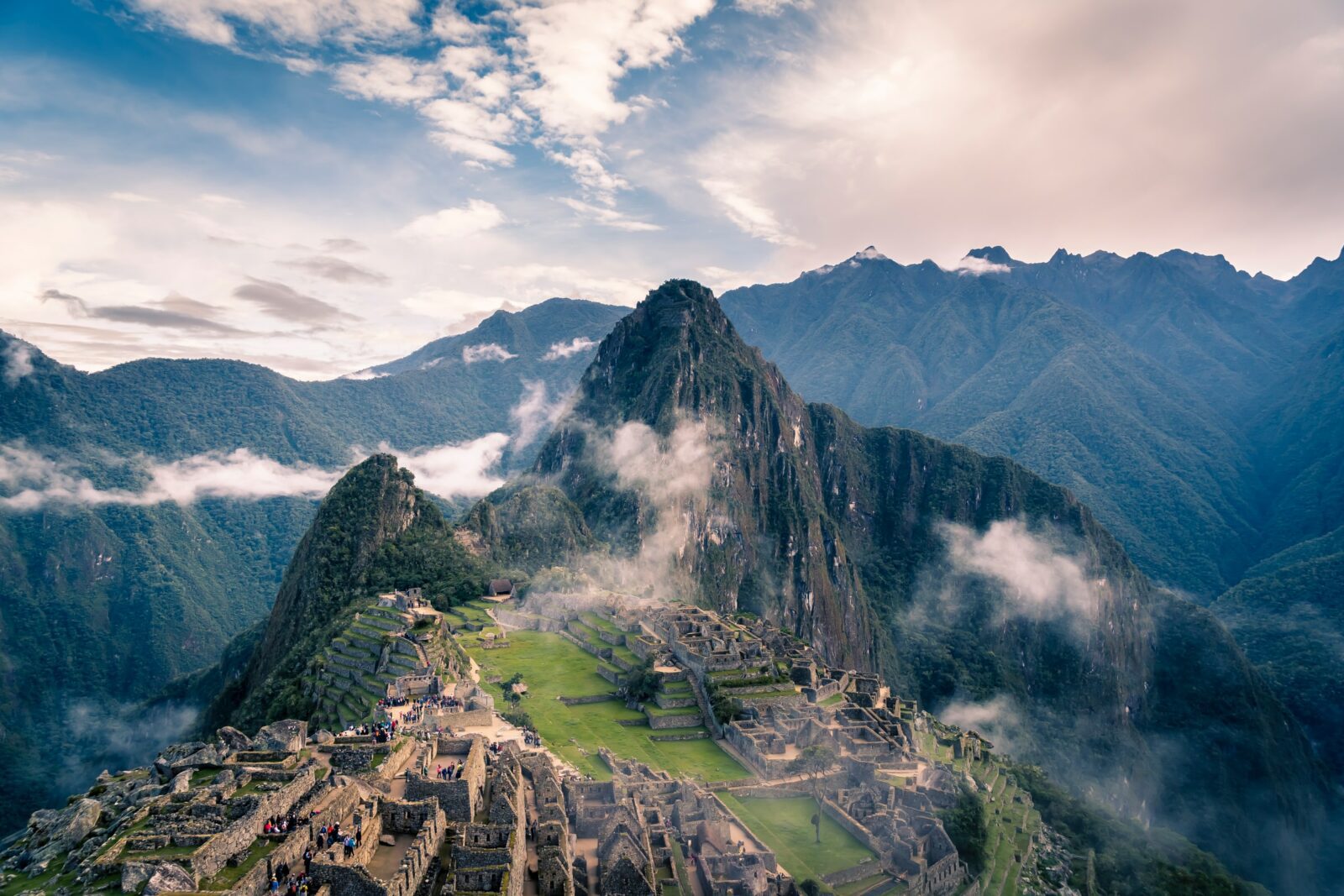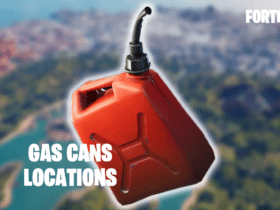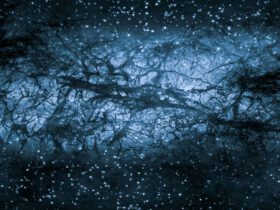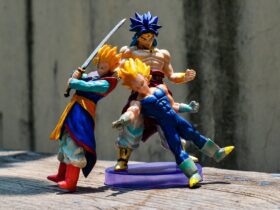Perhaps one of the most renowned archaeological sites on the planet was given its name due to a simple miscommunication. Per a recent review of historical sources, the old Incan city we recognize as ‘Machu Picchu’ should more likely be referred to as ‘Picchu’ or ‘Huayna Picchu’ rather than the name we know today.
When the White American archaeologist, Hiram Bingham, was initially taken to the old Incan ruins in 1911, he requested a local farmer to jot down the name of the location in his field diary, which he kept in his field journal for the rest of his life. As a result, Hiram noticed that the term “Macho Pischo” sounded more like “pecchu” when pronounced aloud. The farmer, Melchor Arteaga, had written the phrase in the center of the page in the style of the time.
From that point on, the moniker stayed. It has been more than a century since people throughout the globe have repeated this term again and time again, whether on maps, in records, or in historical books. It wasn’t until the 1990s that several specialists began to question the term.
Many people in the Cusco area were unaware of the existence of the Incan remains of Machu Picchu until the early twentieth century. The mountains on each side of the long-lost city, on the other hand, were well-known to the locals.
The smaller, steeper mountain that can be seen behind the ruins in most photographs is known as ‘Huayna Picchu,’ whilst the bigger, more gently inclined peak to the south is known as ‘Machu Picchu.’
In addition to documentation from Spanish immigrants, there are various additional sources that refer to the town of Picchu, or the ancient settlement of Huayna Picchu, as being located in the Andes. Meanwhile, there is virtually no mention of a city named ‘Machu Picchu’ elsewhere in the world.
In spite of the fact that negative proof is seldom as satisfying as positive evidence, it is noteworthy that we are not aware of any prior references to an Inca city named Machu Picchu until word of Bingham’s expedition spread throughout the globe in 1912.












Leave a Reply